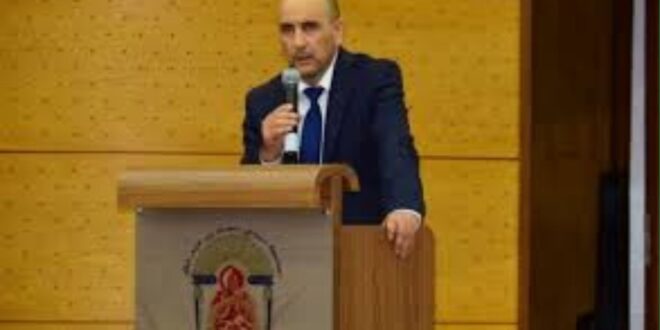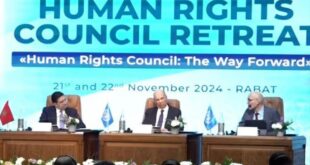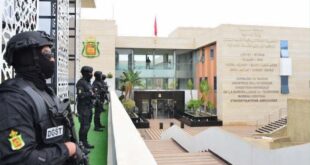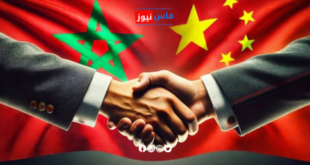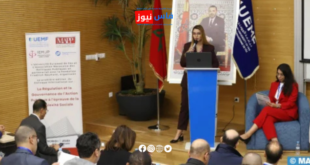In this context, Dr. Said Sadiqi, an expert in international relations from Sidi Mohamed Ben Abdellah University in Fes, believes that U.S. policy toward the Moroccan Sahara is unlikely to see significant changes. He explains that the American stance tends to favor maintaining the status quo without any substantial progress or retreat.
Dr. Sadiqi adds that the possibility of U.S. officials visiting the southern provinces may remain largely ceremonial, without the adoption of new strategic steps, except in the realm of civil diplomacy and public relations. He considers this a significant step if it is coupled with further explicit recognition of Morocco’s sovereignty over the Sahara.
He recalls discussions regarding the opening of a U.S. consulate in the southern provinces, asserting that this would remain a symbolic gesture if not accompanied by substantial American investment flows into those areas. He emphasizes that the decision to open a consulate might encounter hurdles from Congress, especially since U.S. lawmakers currently do not see significant benefits in this move.
Dr. Sadiqi suggests that Trump’s administration could make this step possible from a political flexibility perspective, but he notes that Trump would not pursue it without a political quid pro quo from Morocco.
On the other hand, Dr. Sadiqi anticipates that Kamala Harris may hesitate to move forward with opening the consulate, considering the current direction of the Democratic Party, which may be reluctant to make decisions that support Morocco on this issue.
Shifting to the Middle East, especially in light of the ongoing conflict in Gaza and southern Lebanon, Dr. Sadiqi asserts that any incoming administration might push for a ceasefire. However, the fundamental question remains, “At whose expense?” He explains that if Trump were to win a new term, he is expected to strengthen U.S. support for Israel politically and militarily, imposing a new reality in Palestine and Lebanon that aligns with the interests of the Israeli lobby in the United States.
Conversely, if Kamala Harris were to win, some steps might be anticipated to de-escalate tensions, potentially revisiting the two-state solution and focusing on peace initiatives.
Dr. Sadiqi concludes by emphasizing that U.S. foreign policies are primarily constructed around protecting its strategic interests, despite slight differences between the two parties.
While there is a growing Democratic opposition to the influence of the Israeli lobby, this has not led to a fundamental shift in American policy toward the Middle East.
Thus, the trajectories of U.S. policy toward the region, particularly concerning the Moroccan Sahara issue, remain contingent on the outcomes of the upcoming elections and the directions of the new leadership in Washington, as the world awaits a clear vision that balances the interests of both parties.
source : fesnews media
 فاس نيوز ميديا جريدة الكترونية جهوية تعنى بشؤون و أخبار جهة فاس مكناس – متجددة على مدار الساعة
فاس نيوز ميديا جريدة الكترونية جهوية تعنى بشؤون و أخبار جهة فاس مكناس – متجددة على مدار الساعة

